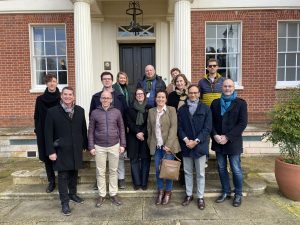
Blog

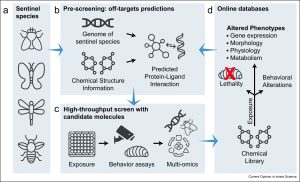
Using AI to prevent the insect apocalypse: toward new environmental risk assessment procedures
Insect populations are declining globally, and the drivers of this trend are complex and interconnected. Among these, sublethal effects of pesticides—often overlooked in standard environmental risk assessment methods—plays a significant role. The impact of pesticides on human health is also a…
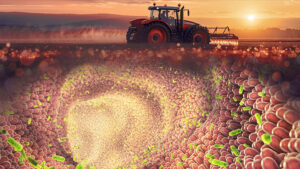
Project Update! – Exploring Agrochemical and Plasticizer Interactions with the Gut Microbiome
By Marcella Santiago, Visiting Predoctoral Fellow, Zimmermann Group, EMBL Heidelberg In today’s world, agrochemicals and plasticizers are ubiquitous, playing critical roles in agriculture and industry. However, their impact on human health, particularly through interactions with gut microbiota,…

Project Update! – Exploring the potential use of untargeted Metabolomics for predicting microbial drug metabolism
By Eleonora Mastrorilli, MSc, Scientific Programmer, Zimmermann Group, EMBL Heidelberg The human gut microbiome plays a critical role in human health and disease due to its metabolic interactions with the host and environmental factors, including pharmaceuticals. Although several studies cumulated…
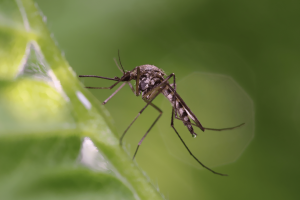
Project Update! – Expanding the UniProt Knowledgebase to document arthropod-human protein interactions
The UniProt Knowledgebase provides users with a comprehensive, high-quality and freely accessible set of protein sequences annotated with functional information. Recent evidence suggests that proteins from the saliva of blood-feeding arthropods, such as mosquitoes, lice, sandflies, bedbugs and…
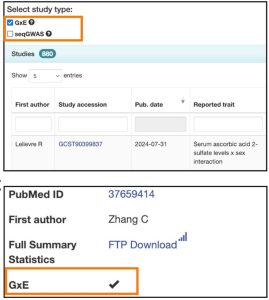
Searching Gene x Environment in the GWAS Catalog
The GWAS Catalog The GWAS Catalog provides an archival and search service for detailed and richly-annotated data from human genome-wide association studies (GWAS). These data can be searched, browsed, visualised and downloaded on the website (https://www.ebi.ac.uk/gwas/). The Catalog includes…
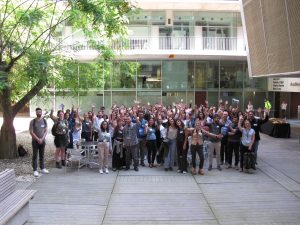
Barcelona Exposome Symposium: Building a Collaborative Research Community
For the first time, institutions across the Barcelona area gathered for the Barcelona Exposome Symposium, an event on the 25th September 2024 designed to promote collaboration within the growing exposome research community. The exposome is the integrated compilation of all the physical, chemical,…
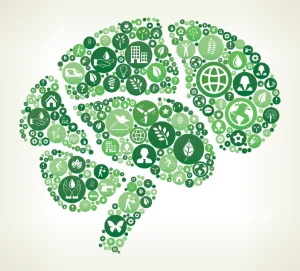
EMBL joins the Earth, Brain and Health Commision
We are delighted to announce that Cornelius Gross, Interim Head of EMBL Rome, has joined the Earth, Brain and Health Commission. In partnership with Nature Mental Health, the commission aims to bring together an interdisciplinary group of world-class leaders to develop cutting edge and…
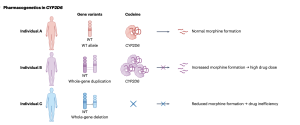
Genome-wide association testing beyond SNPs
Genome-wide association studies (GWAS) focusing on common single nucleotide polymorphism (SNPs) have advanced our understanding of the genetic causes of many traits and diseases. However, for some conditions, this method is reaching its limits. To better understand the genetic basis of diseases,…
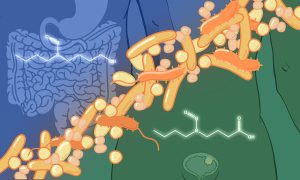
Gut microbes implicated in bladder cancer
EMBL researchers and collaborators have shown gut bacteria can alter how some carcinogens are metabolised and distributed elsewhere, that leads to bladder cancer. The study can help better understand how individuals' gut microbiota affects tumour growth.